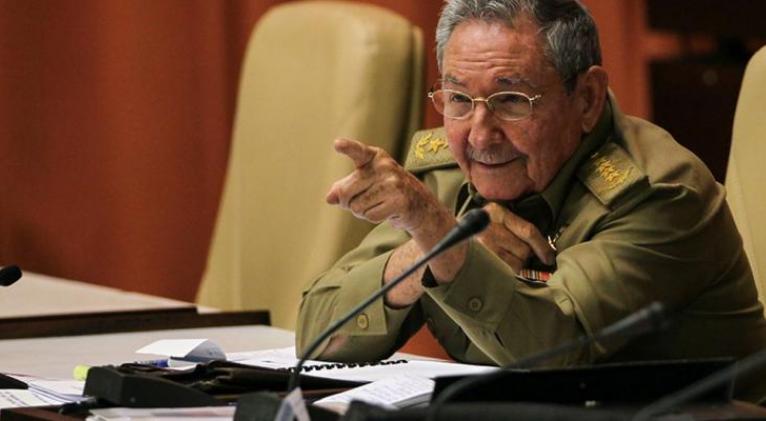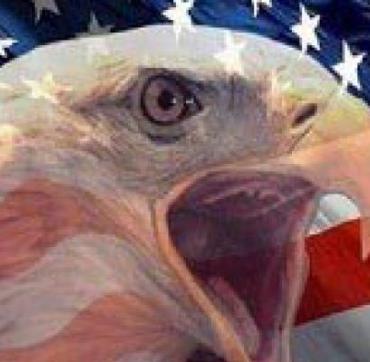Raúl Castro Still Wielding the Shield
especiales

The Army General Raúl Castro Ruz celebrated his 93rd birthday on June 3rd , he was once president of the Republic of Cuba (2008-2018) among other responsibilities, Cubans pay tribute to the compatriot who has been all along, without resting, a proven and consistent revolutionary, a fighter for freedom and the principles of the land where he was born, inspired by deep convictions and his courage.
And why not, here we feel great respect and affection for being Fidel's brother in blood and principles, since together they wrote from early in their lives a story filled with never-ending work, based on Martí's ideology, Marxism-Leninism and the most ancient tradition of struggle initiated by the founding fathers.
Raúl, younger than Fidel, like the rest of his brothers and sisters, saw the light in the rural town of Birán, former province of Oriente, in the home formed by the Galician Ángel Castro and the Cuban Lina Ruz, at a time when everything seemed flow very slowly, but in Cuba there was already a boil of social combat raising actions and flags in various parts of the country.
Very early in his youth Raúl began to act in defense of fair causes, for example, when he led a political action carried out in opposition to Batista's coup d'état on March 10, 1952. He was seen in April of that same year among the outstanding members of a group of university students who were carrying out a symbolic act of burial for the Constitution of '40, insulted by the future dictator.
He was among the firsts at the Torch March held in January 1953 in honor of the Apostle's Centennial, and in July he was one of the attackers of Moncada Garrison, led by Fidel, where he showed qualities of a leader. After being sentenced along with the survivors of that action, he is released with them and goes into exile with the M-26-7 Revolutionary Movement, to organize the expedition of the Granma yacht.
But his forging as a first-line fighter in military operations against Batista's tyranny occurred in the mountains of Sierra Maestra, after entering the jungle with a small group commanded by Fidel, and shortly after, with great heroism and effort, the Rebel Army was created, with the general command in such intricate places.
He was later promoted to Commander of a growing and increasingly notorious Rebel Army; In 1958 he already had the experience to found the Third Eastern Front Frank País, as well as other rebel leaders of his rank: Juan Almeida, Che Guevara, Camilo Cienfuegos also carried out great missions.
There, in those lands without justice, forgotten by thieving rulers and plundered by large landowners, in addition to fighting with weapons, he carried out projects of organizational and even government measures that favored the inhabitants of the liberated peasant communities in the northern mountains of Oriente, from Sierra Cristal, near Mayarí, where this powerful force operated.
When the Revolution triumphed in 1959, these initiatives could be applied throughout the country, so exemplary had been the experience of deep humanist, educational, and social impact content.
He then knew how to complement tasks of all kinds and his intense work when he lead the Ministry of the Revolutionary Armed Forces for a long time, projecting himself for the modernization of his front in a country threatened and constantly attacked by a powerful enemy, too close, in geography.
His combative capacity and efficiency was evidenced in the solidarity and internationalist gesture of aid to the independence of Angola, which also culminated in that of Namibia and the end of Apartheid in Africa.
In parallel, under his leadership, Cubans were able to prepare for their own domestic defense tasks, with conscience and discipline, and even get ready to face, if necessary, the War of All the People. It was an extraordinary stage that time in which Fidel and Raúl put their soul and proverbial strategies, mobilizing the nation in the face of imminent dangers due to the debacle of the socialist field.
His personal characteristics that reflect an authority earned through discipline and the purest principles, his simplicity, his dedication to work and humanism, have accompanied him both in high military positions and in his militancy within the Communist Party of Cuba, of which he was a member of its Political Bureau and when he was sworn in as president of Cuba.
In that role he worked in detail to ensure qualitative leaps in the progression of the line of continuity of the Revolution, even in the difficult moments of the physical departure of Fidel, and of his wife Vilma Espín, his lifelong companion, mother of their children.
He can also be taken as a reference for the effectiveness of his performance in the international arena if we remember the renegotiation with the creditors of the Cuban foreign debt, the updating of the Immigration Law, promoted transformations in the agricultural sector and stimulated the expansion of the forms of management of the non-state sector of the economy.
Equally transcendent was Raúl's contribution to the liberation of our Five Heroes, thus fulfilling the word pledged by the Historical Leader of the Cuban Revolution.
He has been recognized for his style in expanding the country's foreign relations. With firmness, dignity and courage he personally directed the process of conversations and negotiations that aimed to reestablish diplomatic relations with the United States.
His service record as a statesman also highlights the defense of Latin American integration, especially when Cuba held the pro tempore presidency of Celac. His most important legacy, the defense of unity within diversity, led to the declaration of the region as a Zone of Peace and contributed decisively to the peace talks in Colombia, a topic today revoltingly distorted by the enemy.














Add new comment